EDMOND, Okla. — Police in Edmond have cited BNSF Railway under a new state law allowing tickets and fines for blocking a grade crossing.
KOKH-TV reports that police issued two tickets under the law which allows fines of $1,000 for blocking a crossing for more than 10 minutes. Exceptions are allowed for emergencies, waiting for another train to pass, or to change tracks.
The case now goes to an administrative law judge, who will issue a recommendation to the Oklahoma Corporation Commission on a possible fine. BNSF can appeal any fine to the Oklahoma Supreme Court.
Railroads have won court challenges against similar laws in other states on the grounds that, because railroads are engaged in interstate commerce, they can only be regulated by the federal government. BNSF won a case on those grounds in Kansas last year [See “Kansas Court rules for BNSF in grade-crossing case,” Trains News Wire, Nov. 5, 2018], while Norfolk Southern won a challenge of laws in Indiana [See “NS wins challenge of Indiana blocked-crossing law,” Trains News Wire, Sept. 26, 2018] and CSX Transportation had an Ohio law blocked in federal court in 2017 [See “Federal judge says municipalities can’t cite railroads for blocking crossings,” Trains News Wire, June 13, 2017].







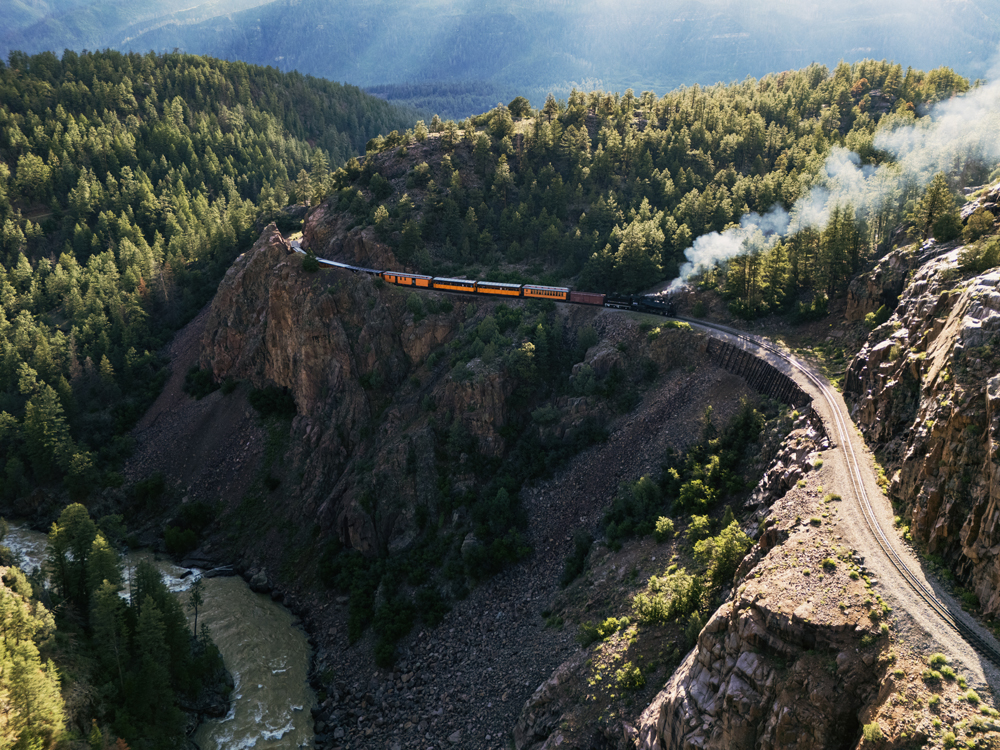
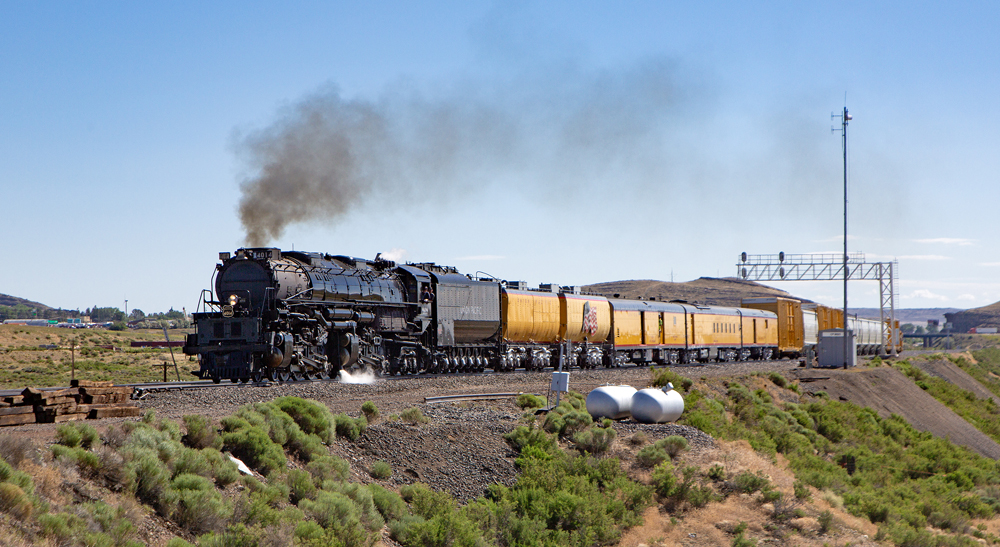
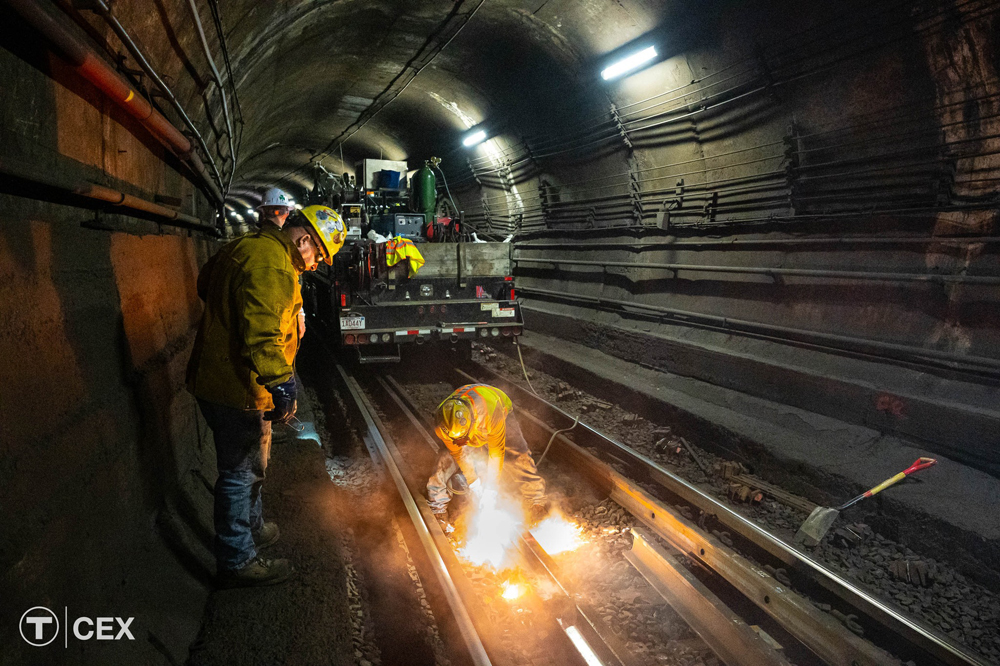
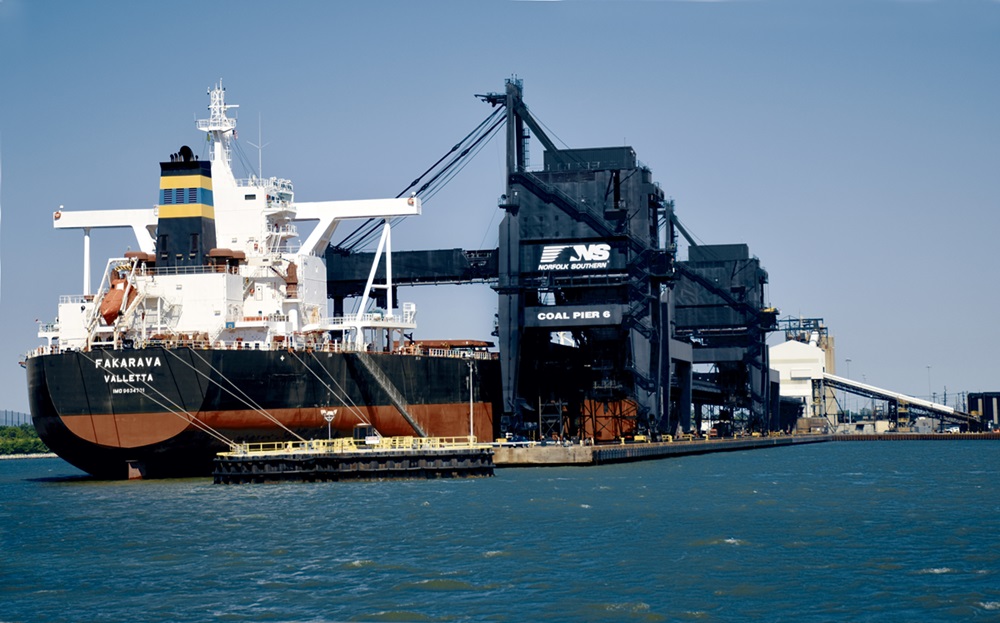
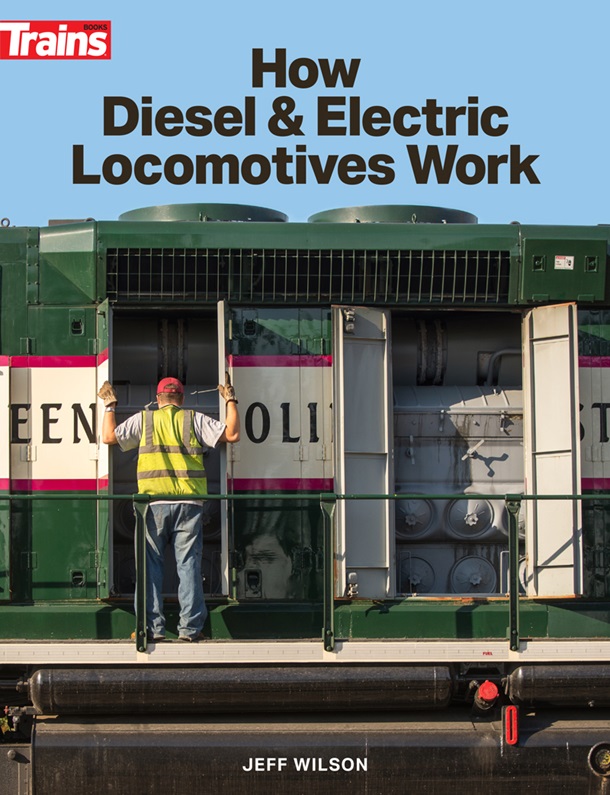
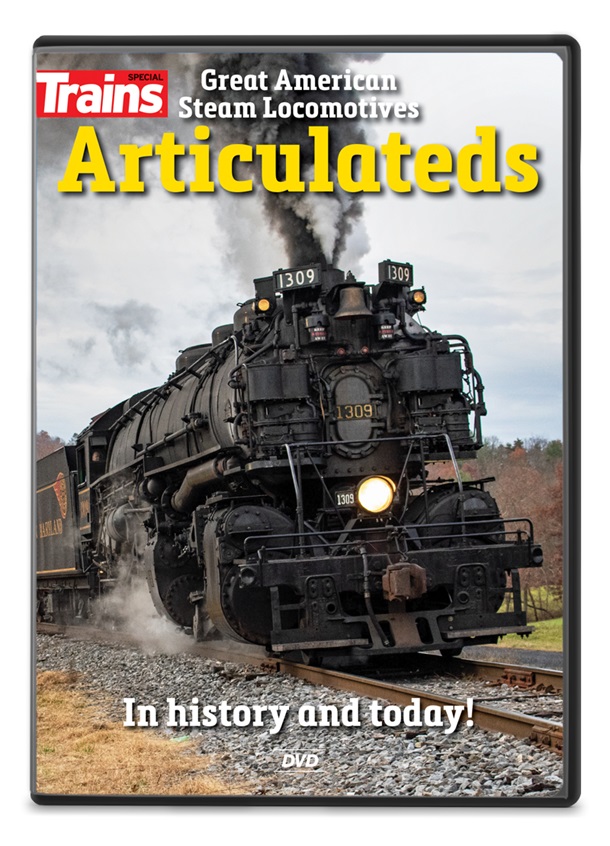
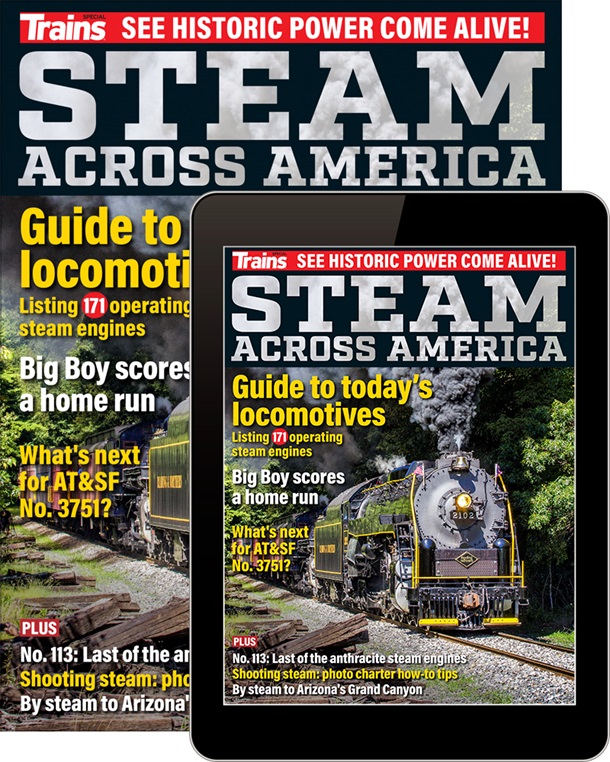
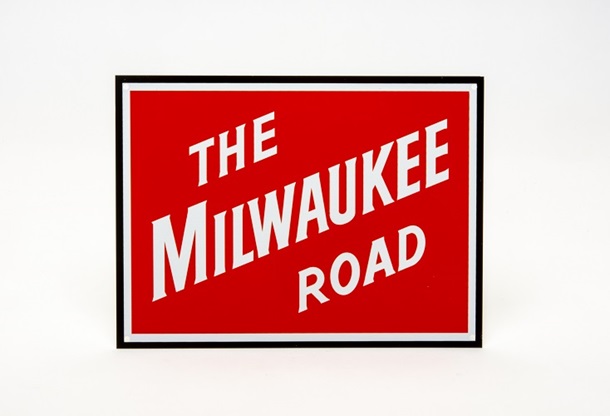
Robert Vandoren – Last month I saw a Union Pacific train crew, stopped behind a disabled train, brake their train so a farmer could get out of his driveway.
How do you ‘serve’ the ticket? Do you cite the engineer? Conductor? And how do you get on the engine? You’re on private property and first need a warrant to do that. Neither crew member, while in the engine on private property have to say doodly to the coppers. They tried it on us in Michigan City much to their woe. Actually took the engineer into custody…so now how does the crossing get unblocked without an engineer on board? The crew actually went on OT in custody and collected handsomely and the MC cops ended up with nothing.
Oh and Holland and Plymouth Michigan also tried the same, ‘issue tickets’ thing and were shot down in due course. Took some time but Chessie Cat prevailed in the end. Never but never get in the kitty litter with another cat!
Question to my learned friends. How can cities impose speed restrictions on railroads trans-versing their jurisdictions? Seems the same would apply; railroads are interstate and only regulated by the Feds.
Oklahoma will lose. They should go to the STB and file a complaint. The law was passed to make the voters happy, the lawmakers knew it wouldn’t work. All window dressing.
As stated by Mr. McFarlane { The transit of trains is protected under the rules [laws?] of Interstate Commerce. Entities of stature less than the Federal Govt; are effectively whistling past the graveyard; passing laws to regulate Interstate Commerce…It might also be said to paraphrase another ‘old Proverb’.”…Never pick an argument with ‘someone’ who hires, and retains lawyers, and Companies of those same lawyers by the dozens… ”
I’ll agree there are instances when a train must block a crossing but; will part ways with you beyond that.
The length of trains even ten years ago was substantially shorter than they are today. Railroads are pushing the envelope of common sense where train lengths are concerned so blocked crossings will likely be a growing issue in communities across the country.
A few months back; I recollect seeing in the news where a UP freight train blocked a crossing in rural Arkansas causing people to sleep in their cars overnight due to the lengthy drives that would have been necessary to detour around the crossing.
I’m not in agreement with the decisions to this point overturning local crossing ordinances but; can also see where it could make sense from a clarity perspective to have a single national guideline establishing how long a crossing may be blocked.
that is just stupid, trains were there long before roads were built. And many times they have to block crossings to gain yard access or other problems. Maybe if it lasts 30 minutes, I might agree, but 10 mins wait is nothing. If you don’t want to wait, find another street to take. People are way too impatient today, running red traffic lights and stop signs and getting mad if people dont drive fast enough. Dad used to go slow when he heard a train coming so we’d be at the crossing and could watch it pass. But they rarely stopped and were not as long either. One crossing heading to Maplewood, MO often used to have gates down with no trains coming, switching by MoPac was being done at some industry. That is the one where Dad always got mad at seeing people going around gates. When he was first in line, a guy behind kept honking. Dad got out and talked to him, telling him if he wanted to go around, go ahead, Dad was not moving. He pointed to Frisco yard a few blocks away and said he worked there and co-workers were killed working, so he knew how dangerous the trains could be The guy stopped honking and did not go around either. Later, an overpass was built there for trains, no more crossing gates to be concerned about.
I remember back in the 50’s that the county sheriff would ticket trains on the NYC for the same thing. Most train crews would break their train so as not to block any crossings especially while switching the local yards. The same concerns are not with us today…sad to say.
No one gets the point, the railroads are involved in INTERSTATE commerce, the only entity that can regulate interstate commerce is the Federal government. If people don’t like waiting then go another route, if you’re in that much of a hurry perhaps you should reevaluate your life style. The one and only case that it can cause a problem is with 911 emergencies involving life or death…there isn’t a single other instance where waiting 15 – 20 – 30 minutes for a train is going to kill you. For those people in rural areas that have lengthy detours, you already know that trains may block a crossing for extended lengths of time, there fore plan accordingly and reroute yourself before getting stuck…and no out of the way detour is going to take that long that it’s better to sleep in your car(don’t tell me a detour is going to take 8 hours or more, if it is then you intentionally want to be in the sticks and shouldn’t care at that point). If states don’t want the delays then pony up the money to build grade separations, that will actually help with two problems…delaying vehicle traffic and having trains need to stop in the middle of nowhere.
The railroads need to get ahead of this. The longer they ignore the problem, the more people will be calling their Congressman, and the RRs risk federal legislation to limit crossing delays.
While I think 10 minutes might be pushing it, if a railroad leaves a train blocking a major street because the crew goes dead and a back up crew has not arrived that is not good. Sometimes it seems like railroads are their own worst enemies.
Here we go again….